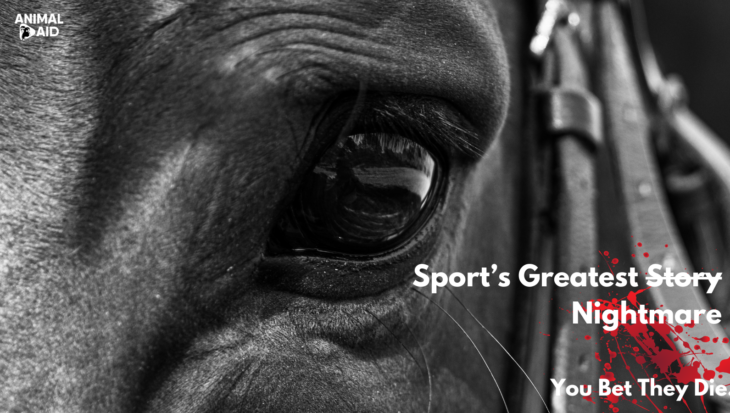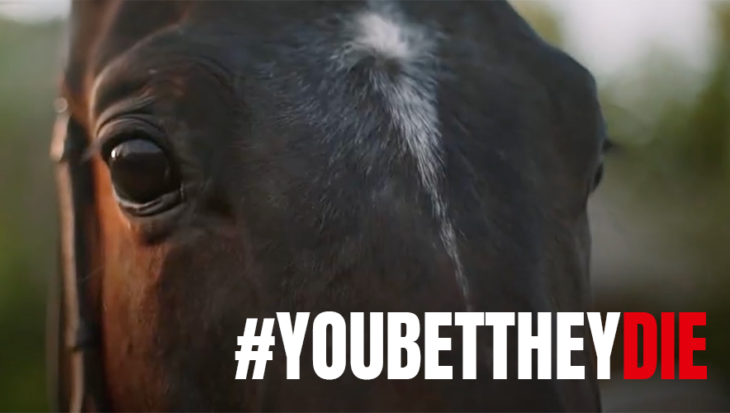Below are the criteria used to determine the rating given to each NHS hospital trust for its vegan catering following our Freedom of Information request in March 2015.
Awful – Is unable to provide vegan meals; or has meals incorrectly labelled as vegan (i.e. contain animal products); or has fewer than four vegan main meal options; or provides vegan meals that lack an adequate balance of nutrients (e.g. no source of protein or inadequate range of fruit and vegetables).
Tolerable – Has a small selection of vegan options, but at least four main meals; or fails to properly identify vegan meal options on menus and patient information.
Adequate – Has at least five vegan main meal options as standard; or provides vegan meals on a purely ad hoc basis; or states it can provide vegan meals, but has failed to provide any further details.
Good – Has at least eight standard vegan main meal options, clearly labelled or on a special menu and all nutritionally balanced; or has a limited number of vegan options, but can provide more when required.
Excellent – Has an extensive range of vegan main meal options (at least 12), clearly labelled or on a special menu and all nutritionally balanced; or routinely consults patients about their individual dietary needs and likes on arrival and prepares bespoke menus accordingly.
After assessing each of the FoI responses, we obtained the following results:
- Awful – 8 per cent
- Tolerable – 8 per cent
- Adequate – 26 per cent
- Good – 21 per cent
- Excellent – 37 per cent

